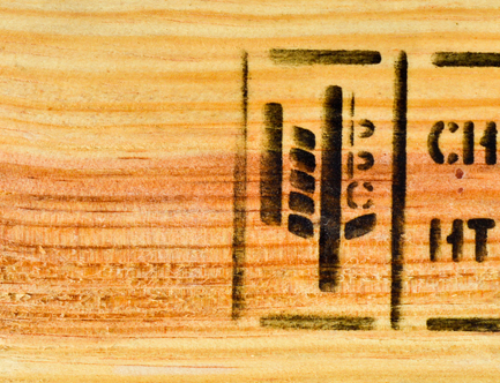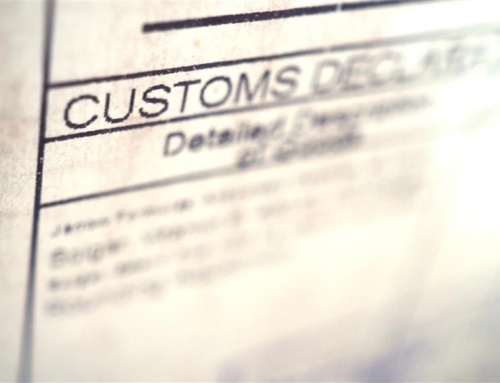The Bureau of Industry and Security (BIS) is proposing a series of modifications to overhaul the exclusion procedure for Section 232 steel and aluminum tariffs. These proposed adjustments are intended to enhance the precision of exclusion requests, simplify the objections process, and elevate the overall efficiency of the system. The proposed rule introduces General Denied Exclusions (GDE) with revisions to the existing General Approved Exclusions (GAE). More extensive certifications and evidence submissions from both exclusion requestors and objectors are expected to ensure a more focused and equitable Section 232 exclusions process.
NEW GENERAL APPROVED EXCLUSIONS (GAE)
Under the proposed rule, the BIS plans to revise the criteria for granting General Approved Exclusions (GAEs). Instead of granting GAEs solely based on a lack of objections, the agency would now issue them for products with tariff classification codes that have a “very low” rate of successful objections. This shift aims to address a significant concern – the previous approach allowed any party to submit objections without necessarily just cause, resulting in entire HTSUS categories becoming ineligible for GAE status.
“One of the problems with this past approach is that any party opposed to certain GAEs could submit objections regardless of the merits of those objections, which would make those HTSUS categories ineligible for GAE status. This undermines the effectiveness of the Section 232 exclusions process, creates unnecessary burdens on BIS and industry, and reduces the fairness and efficiency of the process. BIS still believes that the number of objections received is generally the right criterion to use; however, that criterion needs to be updated to focus on the number of substantiated objections, which is a better metric to use and should deter objections only submitted to prevent specific GAEs.”
BIS Statement
Federal Register
INTRODUCTION OF GENERAL DENIED EXCLUSIONS (GDES)
In conjunction with GAEs, the proposed rule introduces General Denied Exclusions (GDEs). These exclusions would be granted when HTSUS classification codes (or subproducts) experience high rates of successful, substantiated objections. The identification of GDEs will involve a comprehensive analysis of substantiated objections and consistently denied exclusion requests. The addition of GDEs is expected to reduce the burden on objectors and requestors when it comes to Section 232 exclusion requests that historically have a low likelihood of approval, thereby enhancing process efficiency.
PROPOSED CERTIFICATION AND DOCUMENTATION REQUIREMENTS
The proposed rule includes new certification and documentation requirements for both exclusion requestors and objectors. Presently, requestors must only certify their intent to consume, sell, or use the excluded product within the next calendar year. Under the proposal, requestors would need to certify that they initially made reasonable efforts to source their product from the United States. If unsuccessful, requestors must demonstrate reasonable efforts to source from a country with which the United States has established alternative arrangements to address national security concerns under Section 232. These alternative countries and markets include Argentina, Australia, Brazil, Canada, the EU, Japan, Mexico, South Korea, and the U.K. Requestors must also provide evidence of sourcing attempts, which should have occurred within 12 months of the request submission.
“The proposed requirements to provide certain evidence upon submission, as opposed to later upon request of BIS, will enable BIS to conduct more timely and accurate certification reviews and enhance fairness, transparency, and efficiency in the Section 232 exclusions process for all involved parties.”
BIS Statement
Federal Register
Exclusion objections would require additional certification. Objectors must certify an intention and ability to supply the requested product to the requester if their objection prevails. Additionally, requestors would have to submit evidence of having commercially sold the same product within the last 12 months or having engaged in sales discussions with the requesting company or another seeking the same product within the same timeframe. Failure to provide the specified evidence at the time of submission will lead to the rejection of the objection.
ENHANCING EFFICIENCY AND EQUITY
The proposed changes highlight the importance of early evidence submission, as opposed to waiting until requested by BIS. This shift is expected to enable more prompt and accurate certification reviews, ultimately enhancing fairness, transparency, and efficiency throughout the Section 232 exclusions process for all parties involved.
BIS is working to improve the Section 232 steel and aluminum tariffs process. The proposed changes, including the introduction of GDEs, the refinement of GAE criteria, and the expansion of documentation and certification requirements, aim to improve fairness and efficiency. Stakeholders have until October 12th to share their input on these proposed reforms.
Stay up-to-date on freight news with Green’s Weekly Freight Market Update by following us on Facebook, Instagram, and LinkedIn. For continuous updates, make sure to check out our website at greenworldwide.com.






